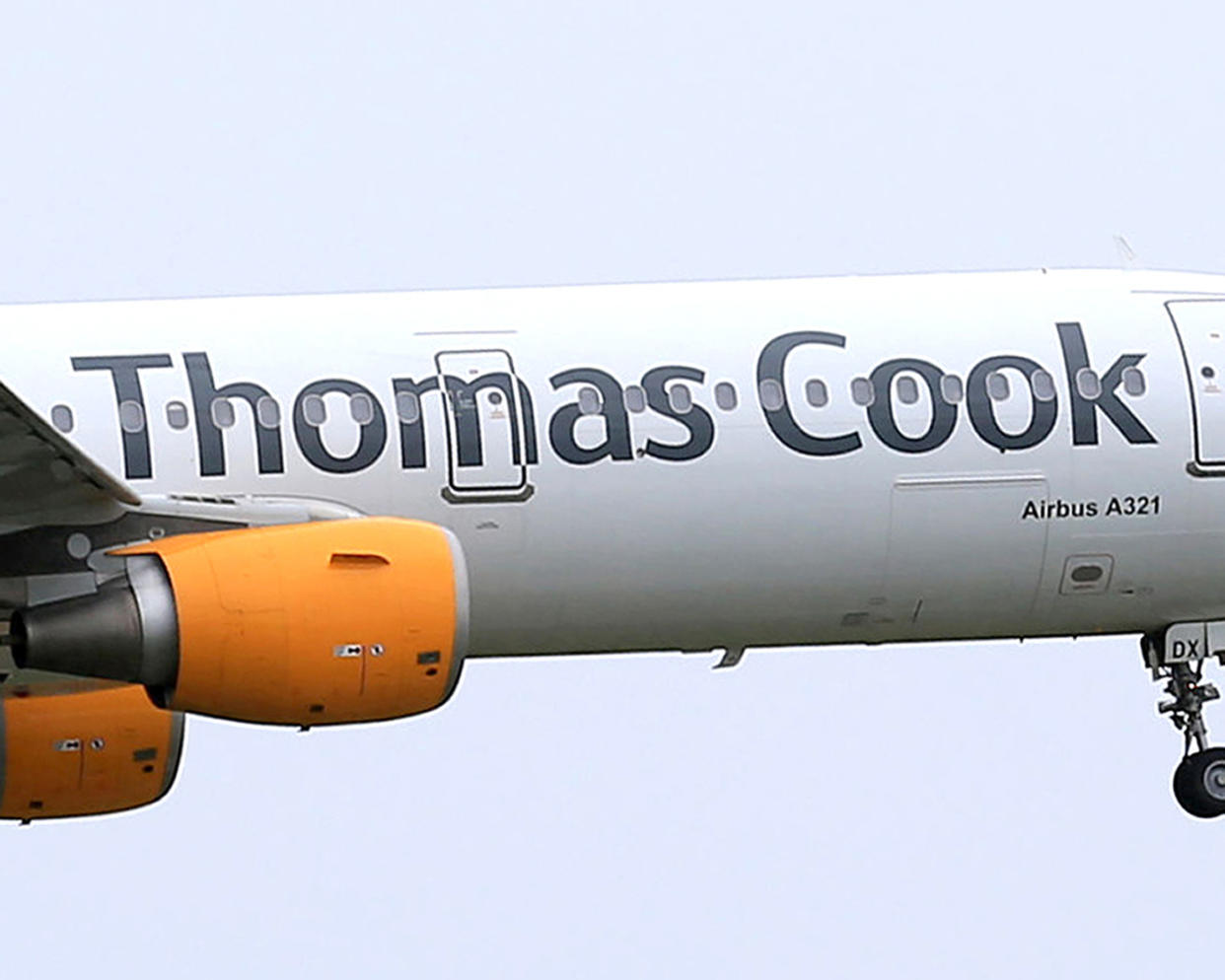UK government 'dragging its feet' on Thomas Cook reforms

The UK government has been criticised for “dragging its feet” on corporate reforms to be made in response to the collapse of travel company Thomas Cook.
The Business, Energy and Industrial Strategy (BEIS) Committee expressed disappointment at the government’s response to its Thomas Cook inquiry, published on Tuesday, finding that the government has not yet pressed ahead with audit reforms and new legislation.
On a timetable for action on the creation of a new Audit, Reporting and Governance Authority (ARGA) to replace the Financial Reporting Council (FRC) — the UK’s accounting watchdog — the government said it “will follow as soon as parliamentary time allows.”
In October 2019, the BEIS Committee held a series of evidence sessions on the collapse of Thomas Cook. The committee made a series of recommendations on corporate governance, executive pay and bonuses, and audit reform in a letter to Andrea Leadsom, then secretary of state for the Department for Business, Energy and Industrial Strategy.
The government response was received on 15 June 2020 and was published on Tuesday.
The government’s response acknowledged that “standards of audit and corporate governance have come under the spotlight on too many occasions” but a date for any reforms and legislation changes has yet to be set.
READ MORE: UK government apologises for Thomas Cook refund delays
Darren Jones, chair of the Business, Energy and Industrial Strategy Committee said: “Recent audit scandals highlight the need for the government to tackle this issue as a matter of urgency. At a time when businesses are facing tough trading conditions and when their balance sheets are under significant pressure, it’s important investors and other stakeholders can have confidence in audits.
“The secretary of state’s evidence to the BEIS Committee last week failed to give a date for when primary legislation would come forward on audit reform. While the government has a series of priorities at the moment, given the importance of audit and the fact the Department already has a raft of practical audit measures sitting on its desk gathering dust, we should expect the Business department to show far more urgency to help drive through the reforms needed on audit and on corporate governance.”
The Auditing watchdog the FRC launched an investigation into the EY’s audit of Thomas Cook’s accounts in October 2019.
Separately, the BEIS select committee launched a probe into the collapse of Thomas Cook. Part of their investigation looked at whether auditors could have done more to warn of possible risks.
Rachel Reeves, then BEIS chair, said at the time that the Thomas Cook’s demise “shone a light once again on the use of aggressive accounting methods to aid bumper payouts to company executives” and demonstrated the “apparent inability of auditors and regulators to curb these practices in the wider interests of shareholders, investors, and the public.”
READ MORE: Watchdog expands scope of probe into Thomas Cook auditor EY
Thomas Cook collapsed into administration in September 2019, leaving 150,000 holidaymakers stranded, primarily because of a mounting £1.7bn ($2.1bn) debt pile and a weak bookings market.
The travel operator had been struggling for years, but much of the anger following the collapse was focused on £20m in pay and bonuses paid out to executives in the years prior to the collapse.


